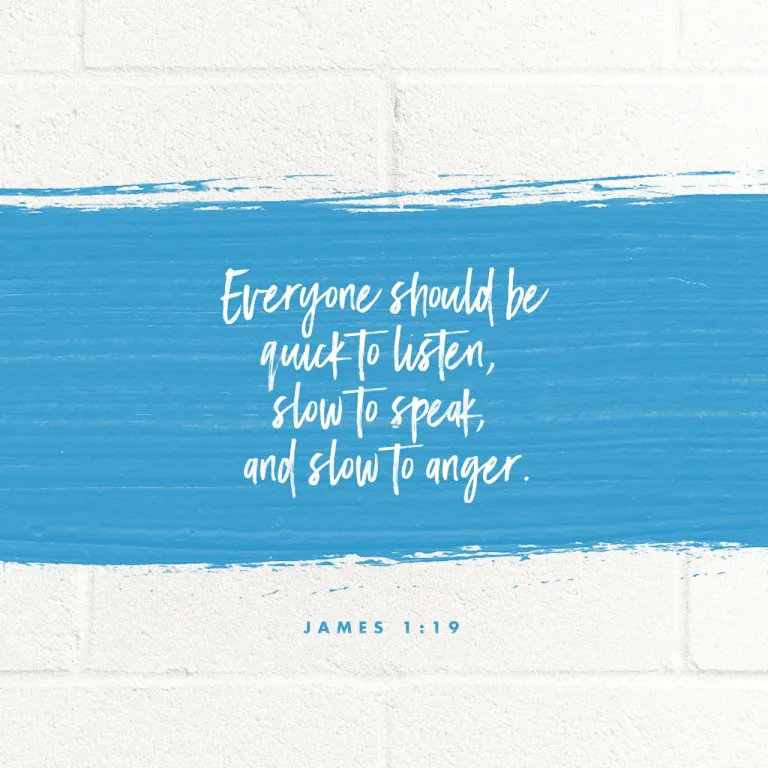THE SEED
“Be not hasty in thy spirit to be angry: for anger resteth in the bosom of fools.” Ecclesiastes7:9
Moses is a typical personality in the Bible who failed to follow God’s command and could not enter the promised land because of anger. Anger caused Moses to act foolishly and he could not complete God’s agenda. Anger is one of the hardest emotions for Christians to deal with. We often do not acknowledge we have it, because we feel we are not supposed to have it in the first place. Our Father in heaven is slow to anger and plenteous in mercy (Psalms 103:8). He wants us to imitate Him, to be slow to anger and plenteous in mercy. When a person is hasty in spirit to anger, the tendency to sin or go out of control is high. There are many instances where people have acted in anger and regretted it afterwards when they became sober. No wonder the opening scripture says anger rests in the bosom of a fool. In other words, anger produces foolishness and makes you act without thinking clearly. Dearly beloved, as believers in Christ Jesus, it is sometimes better to control anger by changing the subject matter under discussion than continuing a discussion which is fueling the anger and this is the only way to demonstrate that the Holy Spirit dwells in us.
PRAYER
Every spirit of anger in my life, be destroyed by the blood of Jesus in Jesus name Amen.
BIBLE READINGS: Numbers 20: 7-13; James 1: 19-21
LỌ́RA LATÍ BÍNÚ
IRÚGBÌN NÁÀ
“Máṣe yára li Ọkàn rẹ̀ lati binu, nitoripe ìbínú simi li àyà aṣiwere” Oniwasu 7:9
Mósè jẹ́ ènìyàn kan pàtàkì nínú Bíbélì tó kùnà láti tẹ̀ lé àṣẹ Ọlọ́run tí kò sì jẹ kí o wọnú Ilẹ̀ ìlérí nítorí ìbínú. Ibínú mú kí Mósè bẹrẹ si hu ìwà òmùgọ̀ ti kò fì lè parí ètò Ọlọ́run. Ibinu jẹ ọkan ninu awọn imọlára ti o nira julọ fun awọn Kristian lati dojukọ. Nigbagbogbo a ko mọ pe a ni ìbínú, nitoripe a ko yẹ lati ni rara. Baba wa li ọrun lọra lati binu, o si pọ ni aanu (Orin Dafidi 103:8) O fẹ ki a máa ṣe afarawe Rẹ, ki a lọra lati binu ati ki a pọ ni aanu. Nigba ti eniyan ba ni irusoke ninu ẹmi lati binu, ifarahan lati dẹsẹ tabi lati ma gbà ituloju ni akoko ibinu yíó pọ jọjọ. Ọpọlọpọ awọn iṣẹlẹ lo wa nibiti awọn eniyan ti nbinu rekọja, ti wọn si ka bamọ̀ lẹhin naa, nigbati ìbínú bá ka kuro. Abájọ tí ẹsẹ Ìwé Mímọ́ tí ó bẹ̀rẹ̀ fi sọ pé ìbínú sinmi ní àyà aṣiwere. Ní ọnà mìíràn, ìbínú máa ń mú ìwà òmùgọ̀ jáde, ó sì ń mú kí a hùwà láìronú bi o ti tọ. Ẹ̀yin olùfẹ́ ọ̀ wọ́ n, gẹ́gẹ́ bí onígbàgbọ́ nínú Kristi Jésù, ó dára nígbà míràn láti ṣàkóso lórí ìbínú, nípa ki kuro lori ọ̀rọ̀ tí ó wà lábẹ́ ìjíròrò tí o le fa ìbínú, ju lati títẹ̀síwájú ninu ìjíròrò tí ń ru ìbínú sókè, èyí sì ni ọ̀ nà kan ṣoṣo láti fi hàn pé Ẹ̀mí mímọ́ ń gbé inú wa.
ADURA
Gbogbo ẹ̀mi ibinu ninu aye mi, ni kí ẹjẹ Jesu parun loruko Jesu Amin.
BIBELI KIKA: Numeri 20: 7-13; Jakobu 1: 19-21
